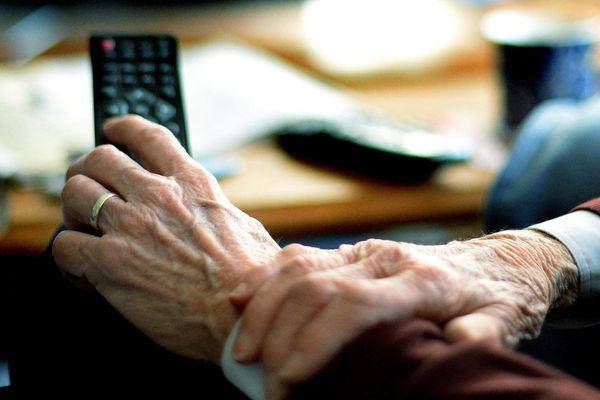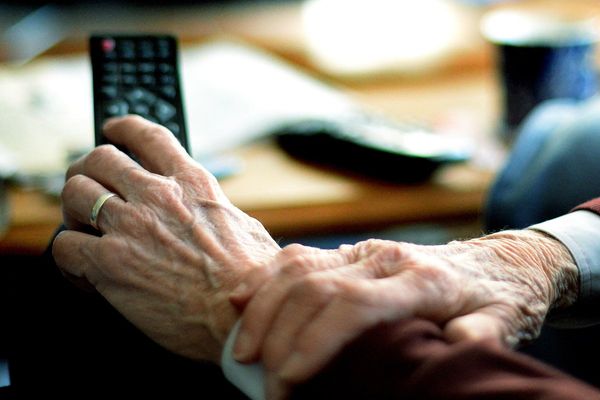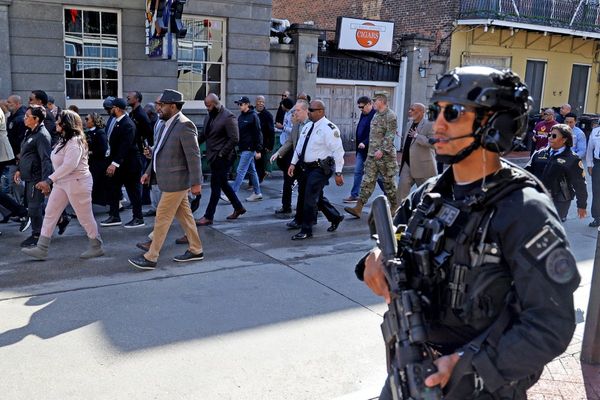
Doha (AFP) - Germany's football association (DFB) said Tuesday it was examining if FIFA's threat to impose disciplinary action against players who wear the "OneLove" armband at the World Cup tournament is legal.
The armbands had been viewed as a symbolic protest against laws in World Cup host Qatar, where homosexuality is illegal.
Captains of several European teams had planned to wear the rainbow-themed armband as part of a campaign for diversity during the tournament hosted by Qatar, but they have backed down over the threat of FIFA disciplinary action.
"FIFA banned us from showing a sign for diversity and human rights.They combined this with massive threats of sports sanctions without specifying what these would be," DFB spokesman Steffen Simon told AFP's sports subsidiary SID.
"The DFB is checking if this action by FIFA is legal," he added.
German daily Bild said the DFB could bring the case before the Court of Arbitration for Sport (CAS).
The Lausanne-based international sports court said however that the case should first be put to a FIFA appeal committee.
It added that "there is no precedence at the CAS for this kind of authorisation refusal."
German fans have been vocal about their opposition to Qatar as a host for the World Cup, with supporters of several high-profile Bundesliga clubs including Bayern Munich and Borussia Dortmund urging boycotts.
But the German national team was also drawing fire for failing to take a stronger stand against FIFA's stance on the armbands.
Earlier Tuesday, major German supermarket chain REWE said it was ending its partnership with the DFB with immediate effect over what it described as FIFA's "scandalous attitude" in the escalating row over diversity.
German Interior Minister Nancy Faeser, who is due to attend Germany's opening match against Japan in Qatar on Wednesday, said it was a "enormous mistake" for FIFA to ban the "OneLove armband".
At the same time, she also took aim at national federations for not holding fast to their plan to wear the armband.
"It is more than regrettable that the European federations failed to oppose together.It would have been an important signal.It's about the attitude right now -- from all, especially from the federations," the minister told Bild daily.







